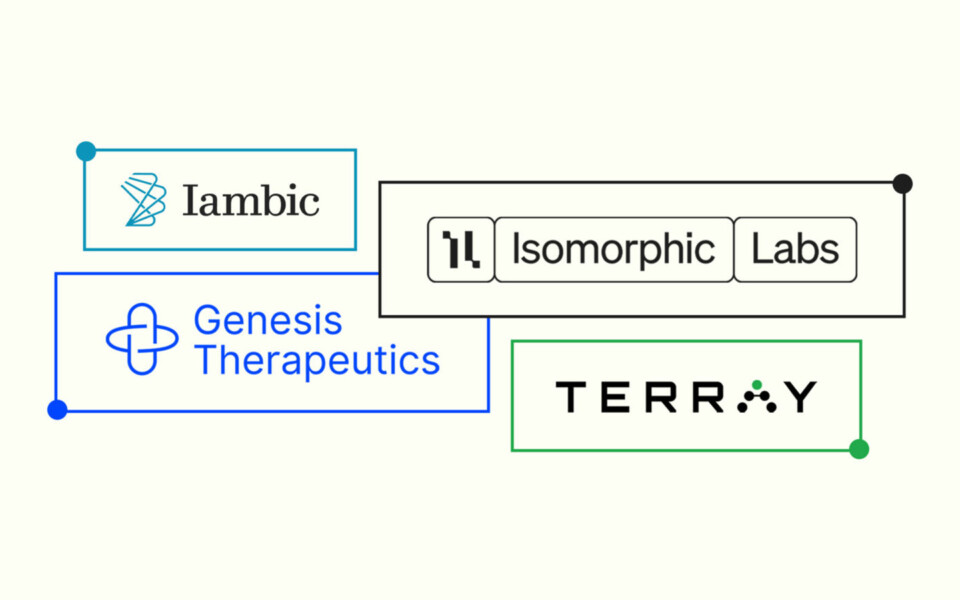Using AI to design small molecule drugs is tough. Here are five companies trying to crack the code.
Genesis Therapeutics started in now-a16z venture capitalist Vijay Pande’s lab at Stanford, where Genesis co-founder and CEO Evan Feinberg did his Ph.D. A16z led Genesis’ 2023 $200 million series B alongside investors like Blackrock, Fidelity, and NVIDIA’s venture arm NVentures.
Genesis’ key technology is its platform, GEMS — Genesis Exploration of Molecular Space — which Feinberg describes as “a supercharged search engine for small molecule drug discovery.”
Like any search engine, it has to both search a large space and rank its findings by their suitability. GEMS uses language models that can generate “vast numbers of compounds in silico,” said Feinberg, paired with a set of diffusion-based models that ranks those compounds by different, key molecular properties such as their binding affinity or selectivity.
The company also has other models that predict other important properties like absorption, distribution, metabolism, and elimination.
Like Schrödinger and Iambic, Genesis uses physics-based modeling to generate synthetic data points for training its AI models…


